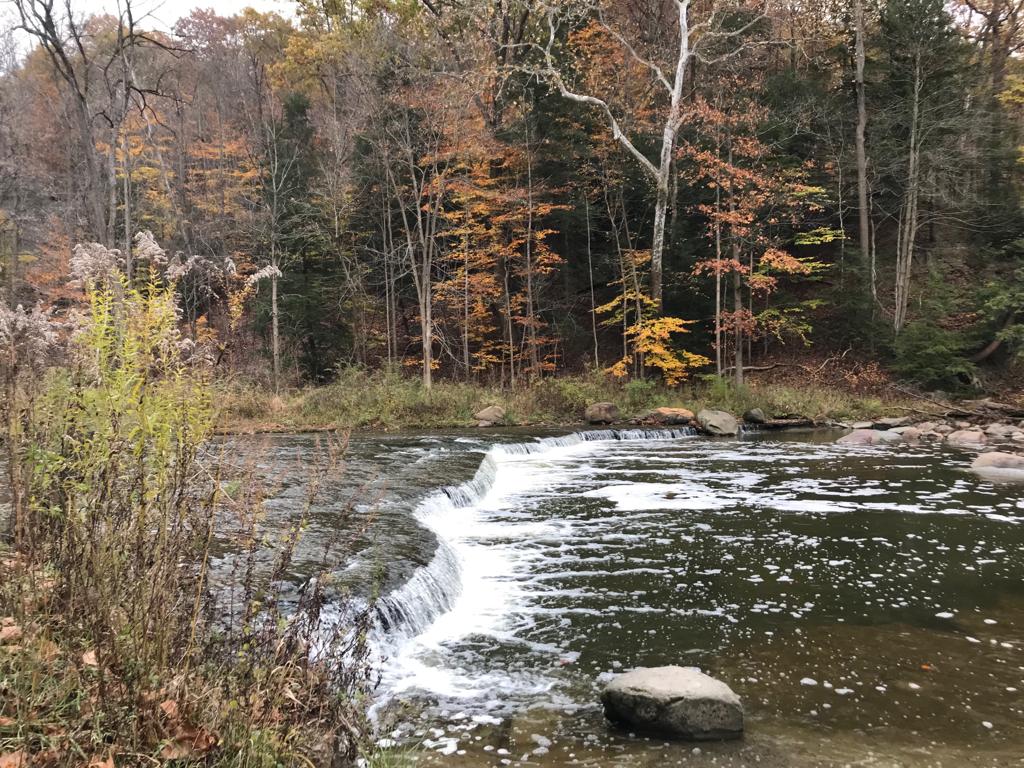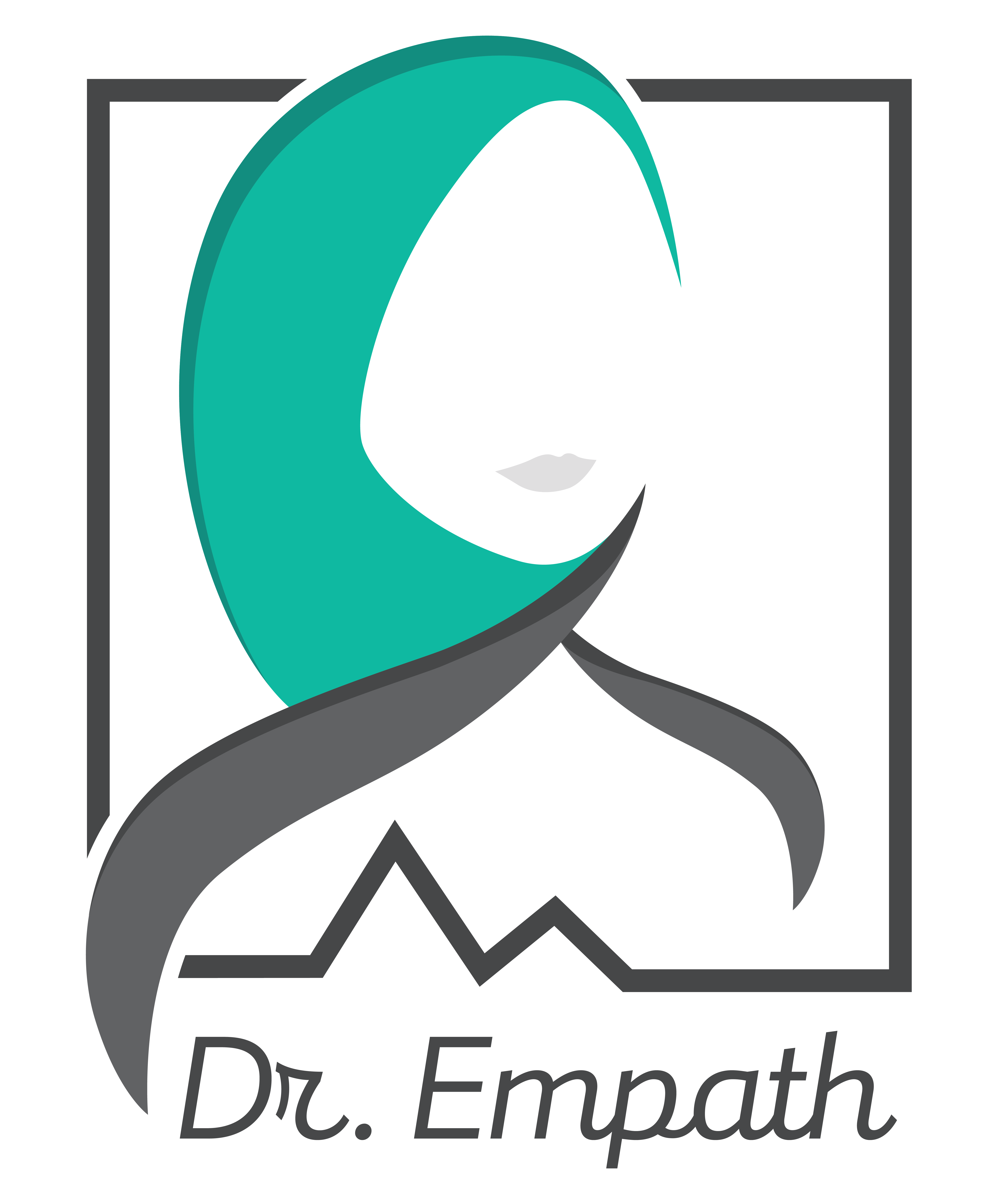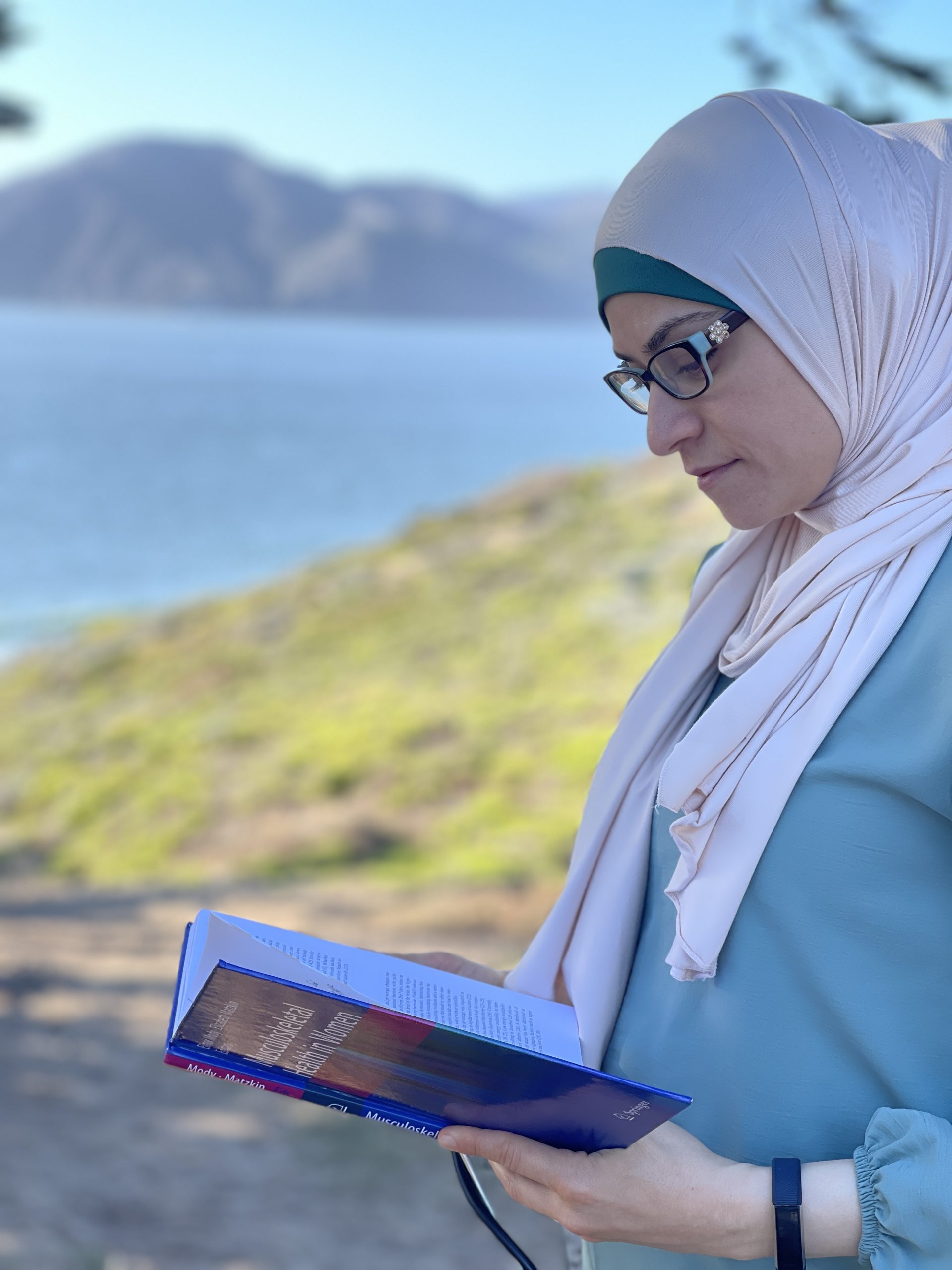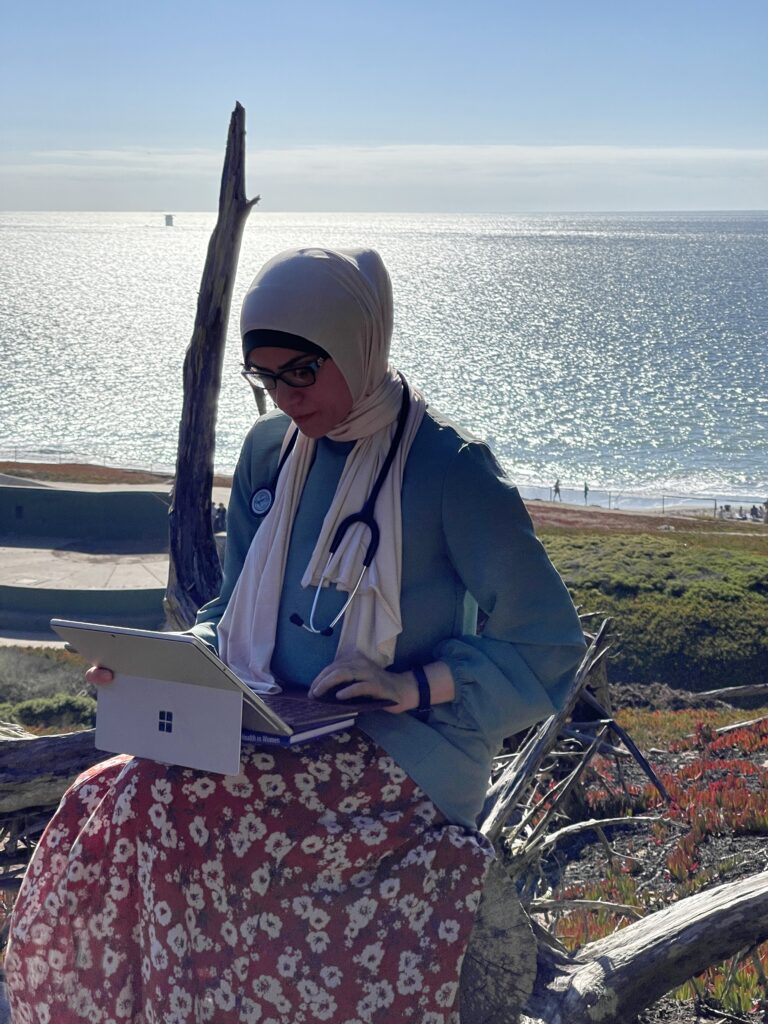Breaking the Silence in Academia: A Call to Heal the Research Ecosystem
December 2024
Sondos Al Sad
“You can always edit a bad page. You can’t edit a blank page.”
Jodi Picoult
It’s both frustrating and heartbreaking to witness how much of academia’s potential is wasted due to inadequate communication and the silent battles fought within its walls. Over the years, I’ve encountered countless stories of researchers—both budding and seasoned—stifled by a culture that fosters fear over collaboration, competition over trust, and hoarding over-sharing.
A common thread runs through these narratives, whether shared with me by peers, mentors, or colleagues:
- “My efforts were not recognized.”
- “They stole my ideas.”
- “She never invited me to present about my own work.”
- “Junior faculty have no respect for seniors nowadays.”
- “Young professionals want shortcuts.”
- “I am the expert in this field, and people should consult me for research in it.”
These statements echo a culture where the joy of discovery is overshadowed by paranoia, insecurity, and egos. Research becomes less about seeking truth and solving problems and more about protecting intellectual territory.
This begs the question: What does legacy truly mean for those who claim to serve knowledge and humanity? Is it about being remembered, amassing followers, publishing the most papers, or owning a specific discourse? And at what cost?
The weight we place on credit has become a hostage-taker, stifling collaboration and creating silos, particularly among underrepresented groups who face additional barriers. The reality becomes painfully clear in private rooms and whispered conversations: toxic mentors, competitive peers, and systemic issues push even the most passionate researchers into survival mode.
But academia doesn’t have to stay this way. Healing begins with acknowledgment.

Imagine what we could achieve if we communicated openly about our aspirations and fears—without judgment or the looming threat of intellectual theft.
Imagine an academic culture where:
- Junior faculty feel respected for their fresh ideas.
- Senior mentors are valued for their wisdom without being dismissive.
- Collaboration, not competition, becomes the gold standard.
- Researchers no longer feel the need to hoard ideas or protect folders as if their entire careers depend on them.
For those venturing into research, here are some thoughts to consider:
- Communicate your aspirations from the beginning.
Define what success looks like for you, and share it with those you work with. - Be teachable.
The path you start on might evolve as you meet people who value sharing over hoarding. - Invest in your mental health.
If you find yourself constantly feeling victimized by toxic mentors, seek support from a therapist or coach. Healing will help you grow. - Go far, not fast.
Collaboration is the key to lasting impact. You can go fast alone, but you won’t go far without others. - Cultivate humility.
Scholarship and arrogance cannot coexist. True scholars are humble; arrogance is a hallmark of pseudo-intellectualism. - Speak truth to power.
Learn how to give constructive feedback, even to mentors. By rectifying scientists, we contribute to better science. - Break the cycle.
Avoid backstabbing or gossiping. Reset boundaries and recalibrate expectations to create healthier academic environments.
When we recognize that academia’s toxicity is a systemic issue, not an individual failing, we can begin to hold ourselves accountable for breaking unhealthy patterns.

Research is not meant to be a script for personal legacy. It is a righteous path to uncover reliable solutions and offer valid answers. It is an honor and a responsibility to contribute to this shared mission. Let’s rewrite the narrative, one honest conversation and collaborative effort at a time.
Together, we can heal academia and rediscover the joy of seeking truth.





